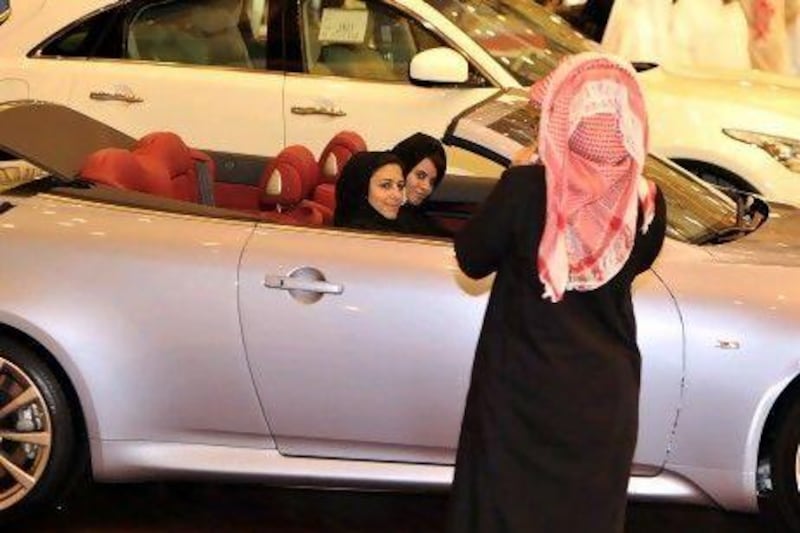Last year, the comedy pop song Saudis in Audis by Remy Munasifi was a YouTube sensation. But the reality is Bentleys and Lamborghinis are more likely to be spotted in the driveways of households in the kingdom.
A new study reveals that for its population, Saudi Arabia has the highest proportion of "hyper-rich" households in the world - those worth more than US$100 million (Dh36.7m) - with the UAE, Qatar and Kuwait also figuring in the top 10.
Dubai's financial services industry is reaping rewards from wealthy investors from Saudi Arabia, which now accounts for the greatest number of hyper-rich households outside the US and Germany, according to the study.
The survey, from the Boston Consulting Group, also showed Qatar, Kuwait and the UAE were among the top 10 countries worldwide on the number of millionaires per capita.
"Dubai sustains its position as most prominent offshore centre in the Arab world, with Saudi Arabia, Turkey, Iran, Kuwait and Russia emerging as the most important origins of offshore wealth," the survey said.
In the Middle East and Africa, "assets under management rose by 8.6 per cent to hit $4.5 trillion in 2010 and [are expected] to reach $6.7tn by 2015", it said.
One in every 20 UAE households has more than $1m in assets, compared with one in every 11 households in Qatar.
But these Gulf states are dwarfed in wealth by Saudi Arabia.
The kingdom emerged as the leading country in the world for ultra-high-net-worth households, defined as those with a net worth of more than $100m, with 18 such families for every 100,000. Switzerland came second, with 10 such households for every 100,000.
The US has the largest total number, 2,692, followed by Germany and Saudi Arabia.
"Given the demographics and overall wealth of these petroleum-rich countries we would expect a higher proportion of [ultra-high-net-worth] households than in other parts of the world," said Dr Sven-Olaf Vathje, a partner and the managing director at BCG Middle East.
"Growth in assets under management also reflects the strong fundamentals of the region, driven by continuing strong petroleum prices," he said.
Surging oil prices have trickled through to the economies of GCC countries recently, boosting wealth creation and job growth. Brent crude futures have increased 54.67 per cent to $114.93 in the past 12 months, although they have retreated from highs of $126.74 in April.
Wealth grew fastest in the Asia-Pacific region, at 17.1 per cent, although Japan's wealth has fallen since last year.
The total assets of the Middle East and Africa held offshore stands at $1.4tn, with the majority held in the UK, the Channel Islands, Dublin and Switzerland.
"The risk appetite of regional investors remains low, especially when compared to levels seen before the downturn," Dr Vathje said. "The asset allocation of GCC high net-worth individuals remains overweight in cash and capital-protected products."
The UAE has attempted to capitalise on the growing need for asset management, with Abu Dhabi's Vision 2030 calling for the development of the emirate's financial services sector.
But lenders in the Emirates have rushed to establish private banks and convince Middle East investors their asset management needs are better served locally.





